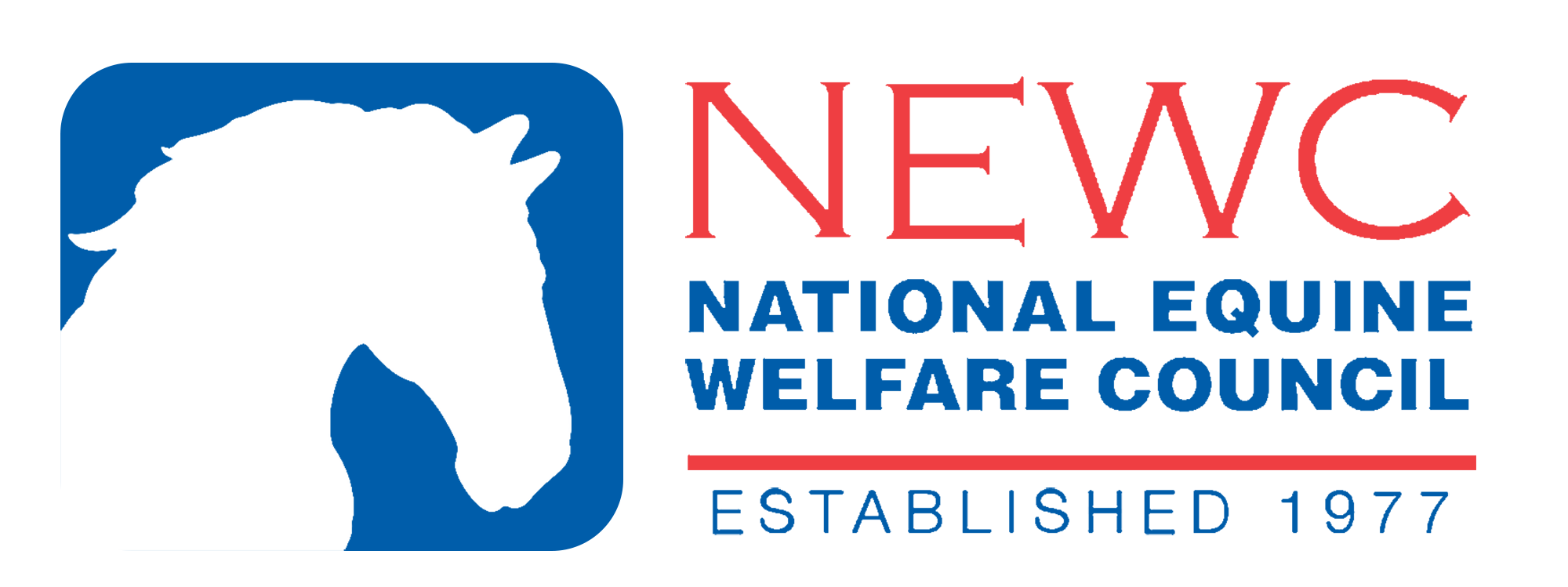

We are increasingly seeing instances where well-meaning animal lovers wrongly accuse charities over social media of failing to act, resulting in rising tensions and, in some cases, leading to people taking the law into their own hands to ‘rescue’ equines which they feel charities are ignoring.

The National Equine Welfare Council, comprised of 75 member organisations of which 40 are charities keeping equines - such as the RSPCA, World Horse Welfare, Redwings, Blue Cross, Bransby Horses, The Horse Trust, The Donkey Sanctuary and The British Horse Society - work tirelessly to protect equines across the country and for seven years have been facing an ‘equine crisis’ which has seen an unprecedented number of animals coming into their care (2347 admitted in 2019).
It is estimated that there are currently 7294 equines in the care of rescue organisations, putting huge pressure on charities’ resources. We are all doing our best for equines in difficult circumstances.
In many cases, when issues are raised on social media, charities are already working, often together, to resolve the situation and improve welfare through existing animal welfare law. NEWC understands that it is frustrating when it appears well-known welfare organisations are not taking action and don’t share information about what they are doing, but there are very good reasons for this.
Charities have to be careful that anything they say doesn’t jeopardise future court cases, which could result in those who have caused suffering to animals escaping justice.
Charities must work within the law and have NO legal power to remove animals without an owner’s consent. Equines can only be removed under the Animal Welfare Act by police, local authority appointed inspectors or appointed staff from the APHA (In Scotland the SSPCA inspectors have these powers) and only with the approval of a veterinary surgeon. If the appointed veterinary surgeon does not approve removal the animals must, by law, remain in situ with attending charities then only able to monitor the situation.
To protect the integrity of any investigation, essential for successful legal action, removal of animals by an authorised Inspector is done on the advice of a vet who has carried out the necessary examinations. Failure to follow the correct procedure could result in staff and organisations being prosecuted for theft. These actions could also jeopardise any legal action to protect the animals, or result in animals having to be returned.
Charities are very restricted in what they can say publicly about individual cases due to strict data protection laws. These laws protect all UK citizens’ privacy as well as ensure that the legal process is fair, essential to securing a successful outcome. Breaching these laws could result in animal welfare charities incurring fines of several million pounds.
The Animal Welfare Acts are very effective at allowing animals to be protected from cruelty and neglect and helping animals that have already suffered. Where the laws need to be improved, we campaign to change them, as seen with the Control of Horses Act and sentencing changes in England and Scotland. If the law is used to its full potential we can also work with owners who are willing to make welfare improvements but still have the ability to act if this doesn’t work. This approach aims to help all animals in a situation and not just those we can remove.
Often charities are aware of welfare concerns and will be working with owners to resolve issues in the first instance while being mindful that legal action may follow if welfare concerns persist. Please be assured that in many cases work is taking place behind the scenes, sometimes involving multiple charities, but they simply cannot speak publicly about it.
There have been instances recently where NEWC members have arranged for the police and a vet to attend to remove an animal on welfare grounds, but find they have already been taken. Although such actions can be well-meaning, it can have the unfortunate consequence that the owner will not face justice and could go on to cause suffering to more animals.
Where equines do need urgent help, it is important that they are removed legally and put into specialist care. The chances for survival and a good life can often depend on how these animals are treated in the early days after rescue. Cases of further suffering and even death have been seen when animals were removed illegally.
Just like all animal lovers, we too are upset by terrible images and videos on social media, and there’s no doubt many need urgent attention. Be aware that some information on social media is not always true. Sadly some cases shown in pictures and videos are not accurately reported or are not from the case in question and achieve little more than causing upset and frustration.
Anyone with welfare concerns about equines should contact our members in the first instance. There’s a list of numbers to report welfare concerns to on our website. Encouraging people to ‘bombard’ charities on social media or tie up emergency phone lines reporting the same incident costs charities vital time and money that could be spent helping animals and also stops other emergencies from being reported.
It’s great to see horse lovers’ passion and enthusiasm for helping equines. We share this, and do the best we can with limited resources- animal welfare charities receive no government funding. We’d encourage organisations and individuals interested in helping horses, ponies and donkeys to become members of the National Equine Welfare Council – which is a great way of sharing expertise and working together to tackle the equine crisis and other welfare issues.
You could also help by giving a loving forever home to one of the over 2500 horses, ponies and donkeys available for re-homing in the care of our member charities at the moment – which will free up a much-needed rescue space for other animals who need urgent help.
Member charities of NEWC have collaborated to produce two practical guides; one to help equine owners find ways to cut costs without compromising on care and another on making the difficult decision to rehome a horse, pony or donkey.
Equine charities are continuing to receive large numbers of calls from owners seeking alternative homes for their animals. There are over one million horses, ponies and donkeys in the UK and the charitable sector has limited space available and must prioritise welfare and rescue cases.
“Of course we want to be able to help every horse,” said Nic De Brauwere, Chairman of NEWC. “But with limited funds and resources available we have to prioritise on those in greatest need. By showing how outgoings can be reduced without compromising on the horse’s quality of life we aim to help owners in making the decision to keep their horse and help prevent inadvertent neglect or abandonment. Otherwise, we can help them safely navigate the rehoming route.”
NEWC has produced two detailed guides, both of which can be downloaded below. In situations where owners are considering rehoming their equines because they can no longer afford to keep them the ‘Cut cost not care’ guide suggests where sufficient savings may be made to help them keep their animal without making any compromise on health or welfare.
If care costs are still too great and rehoming remains the only option NEWC’s ‘Rehome responsibly’ guide helps equine owners consider the options whether selling, loaning or retiring. Euthanasia is also discussed in cases where quality of life is diminishing and rehoming solutions are not appropriate.
“We hope the guides will provide support for horse owners who are facing tough decisions this winter, to help to keep more horses and ponies well cared for and secure.” Said Nic.
The guides can be downloaded here:
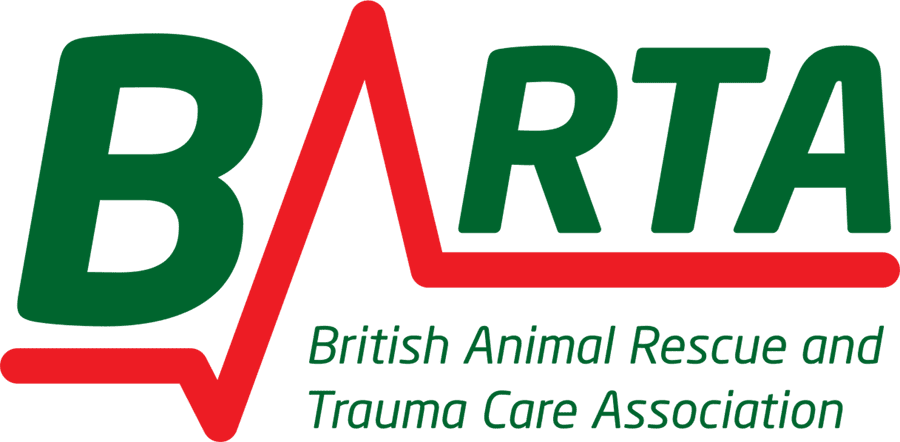
We are very happy to welcome British Animal Rescue and Trauma Care Association (BARTA) as new members of NEWC!
BARTA provide advice, direction, training and accreditation for those involved in the rescue and trauma care of animals to maintain professional standards and competencies.
BARTA’s primary objectives are to safeguard the public and emergency responders and to improve the welfare and viability of animals at emergency incidents.
Find out more about their vital work here: bartacic.org
The Horse Trust and Redwings Horse Sanctuary have united to create an online course for farriers on Equine Welfare and Legislation, as part of their ongoing commitment to improving the lives of equines in the UK.
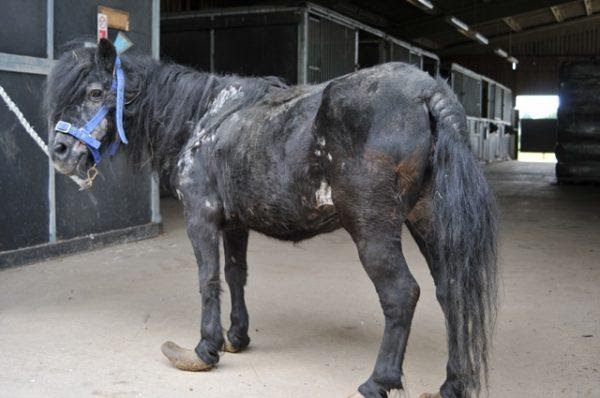
Farriers are sometimes the only equine professionals to come into contact with owners of equines whose welfare is compromised. By reaching owners early with helpful advice or signposting to assistance, farriers can help stop potential welfare cases from arising, which is essential to the work of the charities in fighting the current equine welfare crisis in the UK.
Similarly, equine welfare charities regularly come across horrific cases of neglect, many of which include extreme cases of negligence involving feet. For cases such as these, often the key to a successful prosecution is the evidence provided by the farriers. Giving evidence in court as a professional witness can be daunting but the difference a farrier testimony can make is invaluable.
Welfare charities recognise that farriers are at the forefront of equine care provision, they build strong relationships with clients and are therefore in a unique position to promote positive welfare.
This course was created based on the vast experience that The Horse Trust and Redwings Horse Sanctuary have in dealing with welfare concerns, and it draws on the work that has already been done in the sector around important issues such as biosecurity and disease prevention.
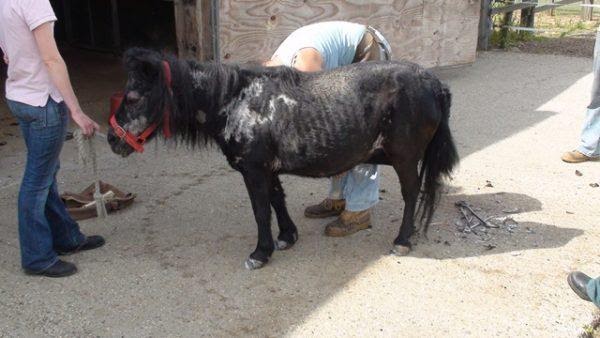
Designed with the busy farrier in mind, the course is 100% online, easy to follow and packed full of additional resources and helpful contacts. The course will provide farriers with the tools and resources to provide advice, report concerns, attend welfare cases and provide evidence to a court if required.
Both equine welfare charities and farriers are vitally important to the health and welfare of equines in the UK and, by working together, expertise and resources can be shared to develop knowledge, and improve the lives of equines across the country.
Jeanette Allen, Chief Executive of The Horse Trust:
“Throughout our history The Horse Trust has always had strong ties to the craft of farriery, recognising the intrinsic role they play with horses. Our experience dealing with legal cases involving equine neglect highlighted the important roles farriers play and this course shows our commitment to supporting and giving them confidence in this area. By collaborating with Redwings, we have been able to share a wealth of expertise from the equine charity sector to create a much-needed resource that all farriers can access and benefit from.”
Lynn Cutress, Chief Executive of Redwings:
“We are really proud to have collaborated with The Horse Trust on this training. We know farriers are often at the coal face of welfare issues, especially as they establish their businesses after qualifying when they may more often encounter novice owners who require extra help and support. The offline course we developed to help with this issue has been shown to broaden their understanding of equine welfare and the role of welfare organisations. Now, thanks to The Horse Trust, this course is accessible to many more farriers and we hope it builds their confidence to call on us if ever they would like support.”
Ben Benson AWCF, DipWCF, Master Farrier, ATF:
“In today’s society we see so much more litigation and accountability that as working farriers we are often asked by clients or horse owners to make decisions or give opinions without sometimes the ability to fully understand what we as the professional can and cannot say in situations that we come across. Sometimes it is even just knowing what to say or how to say it appropriately. This is an excellent course that all farriers and apprentices can do that really does add to our professional development. Thank you for putting it together for us in such an easy format!”
Daniel Harman AWCF, Master Farrier:
“With the course being 100% online it makes it an easily accessible way to achieve some annual CPD points, in an area that is really relevant and topical for us at the moment. As a training farrier, I think this course will be a great introduction to welfare and legislation for apprentice and newly qualified farriers, who may not have come across any issues in practice yet. I think it will help build their confidence in knowing what a welfare case is, and on when, how, and who to report it to.”
To find out more and to register your interest in the course, please email: training@horsetrust.org.uk
The National Equine Welfare Council has appointed a new president following the retirement of former president, Dr Harry Greenway.
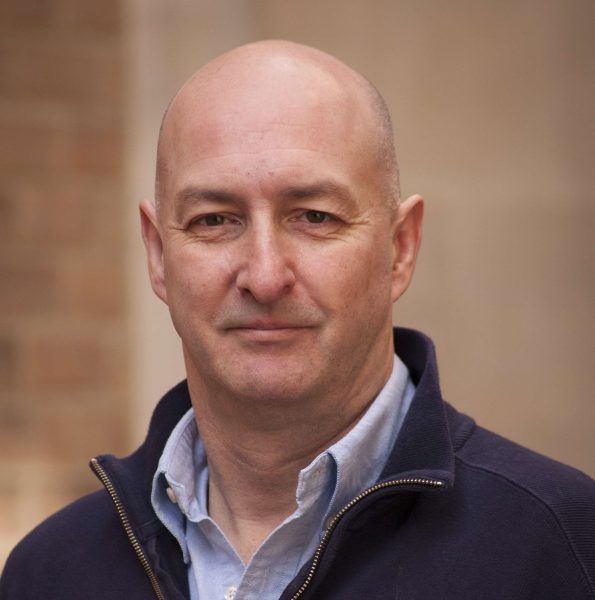
NEWC is delighted to announce that Dr David Marlin PhD has accepted their invitation to take on the role for a three-year period.
David is an internationally renowned equine physiologist and biochemist with over 25 years of experience in academia, industry and consulting and is an author of over 200 published peer-reviewed papers. His main areas of equine expertise are exercise physiology, nutrition, fitness, training, performance, thermoregulation, competition strategy, transport and respiratory disease.
Dr David Marlin, NEWC President:
“I feel honoured and privileged to have been invited to take up the position of President of the National Equine Welfare Council. The pursuit of enhanced standards in equine welfare has been a cause close to my heart throughout my extensive career as a scientist specialising in equine physiology and nutrition. Over the years I have had the opportunity to work with many professionals in the field, spanning elite riders competing at the highest level, fellow academics who focus on research, clinical services and training within the equine health sector and of course, a myriad of commercial businesses involved in the equestrian market. I hope that these established connections will benefit the National Equine Welfare Council, enabling us to engage with a wider audience to promote the code of practice for welfare organisations involved in the keeping of horses, ponies and donkeys. I must of course also thank the outgoing President, Dr Harry Greenway, who has devoted so much of his personal time to the Council and has been so pivotal to its success. I will do my best to emulate his exemplary service.”
Nic deBrauwere, NEWC Chair:
“NEWC recognise the valuable contribution David makes to understanding, challenging and communicating on matters of equine welfare by drawing on his vast scientific expertise. David’s active work with all levels of the equine industry means he is ideally placed to offer NEWC guidance and counsel as well as encourage an active interest by the wider equestrian world in the work of NEWC.”
As part of its Strategic Plan, NEWC aims to raise its profile by increasing its membership and being an asset to individuals and organisations with an interest in equine welfare and to support those who are looking for more information about the subject and the sector.
The Welsh Government has published its Code of Practice for animal welfare establishments across Wales.
The Code was developed by the Animal Welfare Network for Wales (AWNW) with support & input from Welsh Government officials and using the NEWC Code of Practice as its basis.
The Code explains what animal welfare establishments need to do to meet the standard of care required by the Animal Welfare Act 2006.
The Code can be viewed or downloaded here: Code of Best Practice for Animal Welfare Establishments
This article is a worthwhile 5-minute read - how to identify and prevent 'learned helplessness' in horses and ponies - with comment from NEWC Director, Dr Carol Hall.
The Slippery Slope to Learned Helplessness in Horses – The Horse
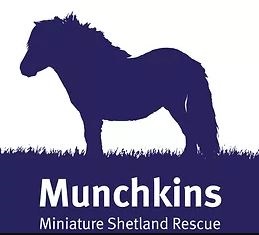
We are pleased to announce that Munchkins Miniature Shetland Rescue has joined NEWC as new members.
Munchkins were established in 2014 and specialise in the rescue and rehabilitation of miniature Shetland ponies. They currently rehome ponies within a 30-50 mile radius of their centre in East Devon on a long term loan basis. Find out more about their work here: mini-munchkins.org
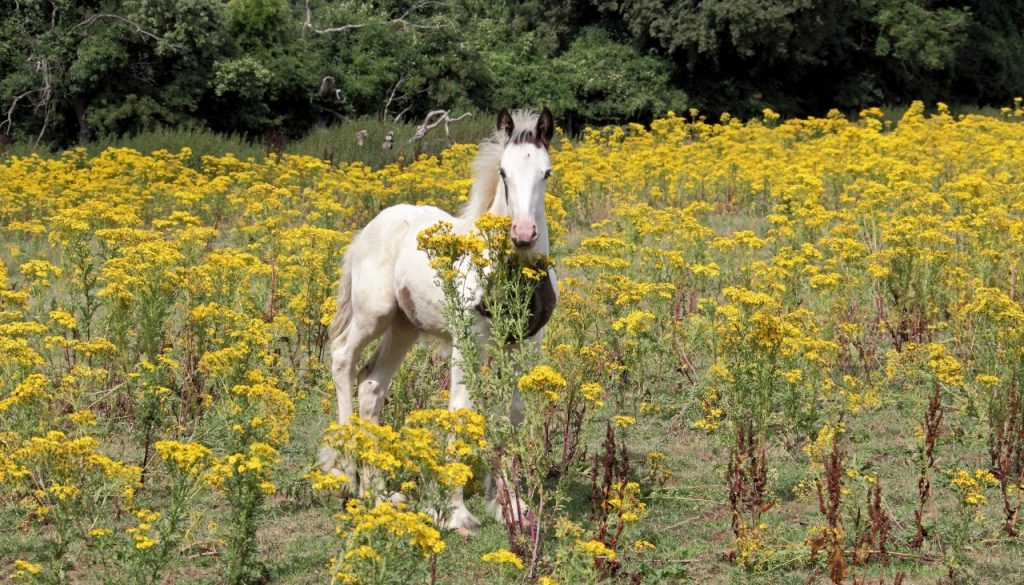
Dr Mark Kennedy, NEWC Director and RSPCA Senior Scientific Manager for Equines, has written a blog about the 'horse crisis' explaining how we got here, the effect of the Covid-19 pandemic, and what can be done to help!
Read more here: RSPCA blog - The Horse Crisis
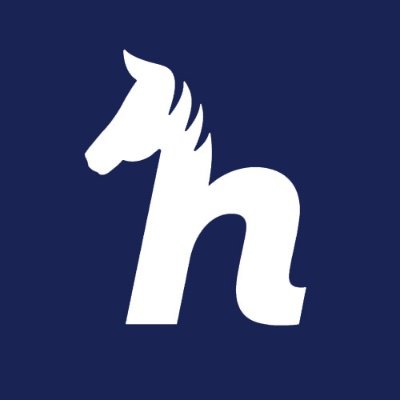
NEWC are delighted to welcome Here4Horses as new members of NEWC. Here4Horses is an equine charity based in the North East of England primarily focusing on rescue, rehabilitation and rehoming.
They are committed to securing better lives for horses and ponies by offering refuge and rehabilitation to equines in distress and in delivering training – promoting humane, skilful, evidence-based methods – to those who love, care for and train horses.
Find out more about their work here: here4horses.org.uk
